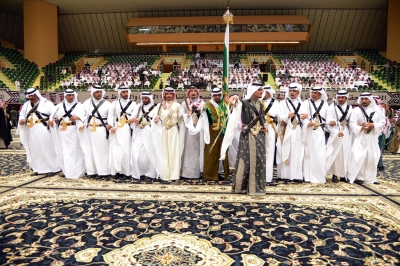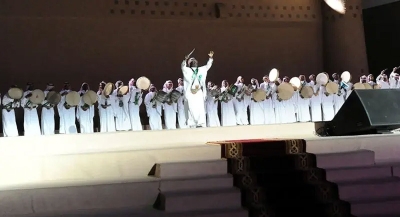
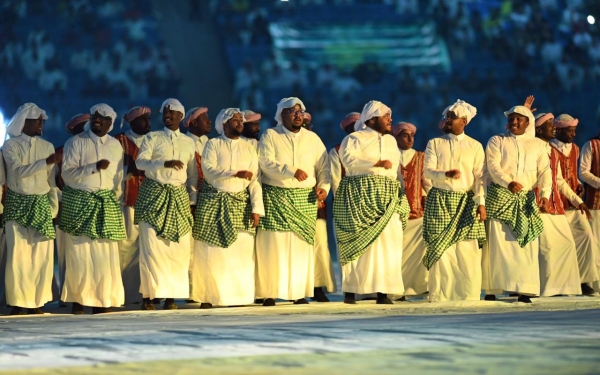
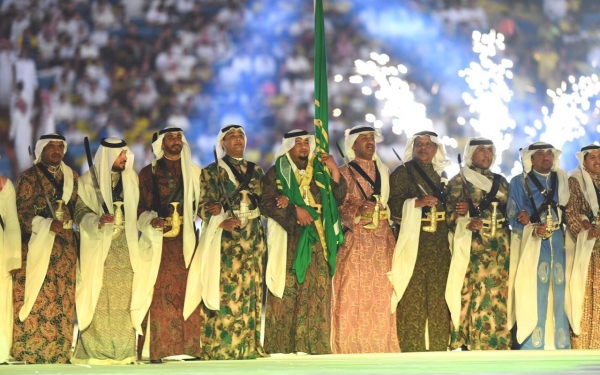
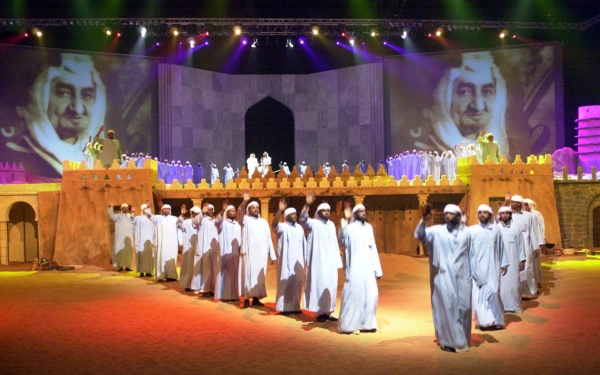
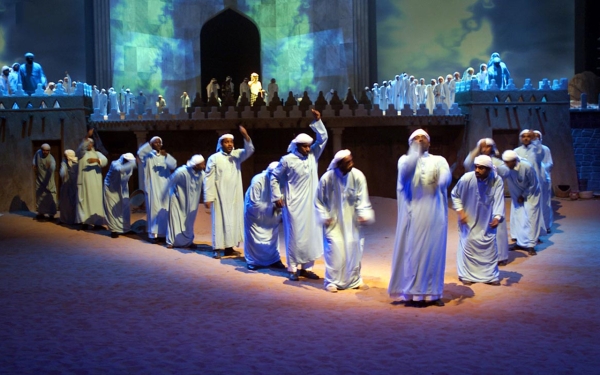
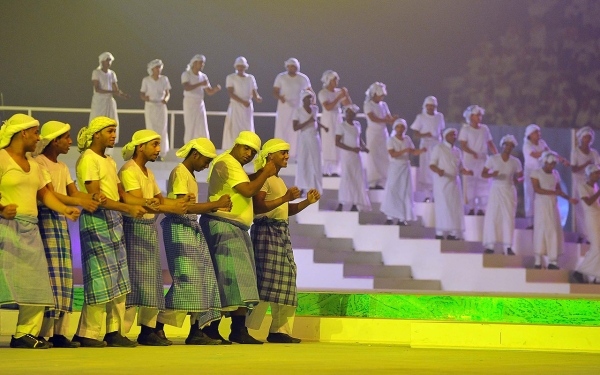
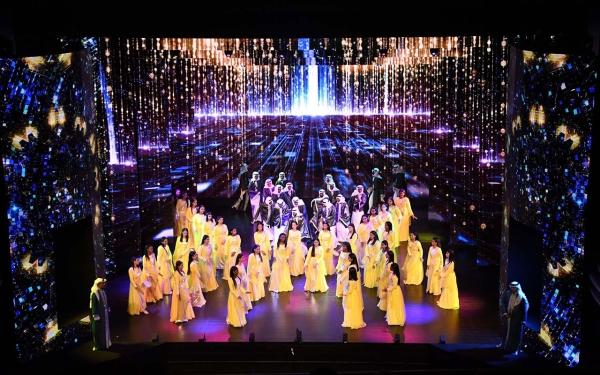
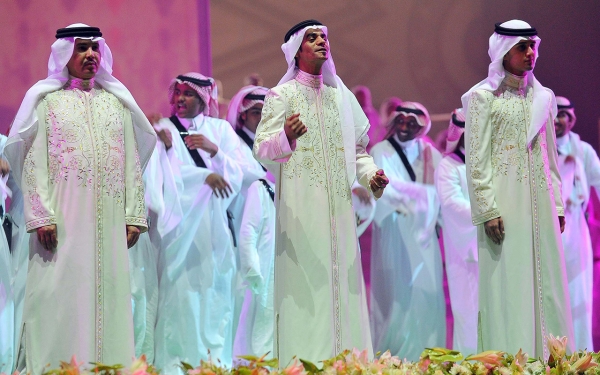
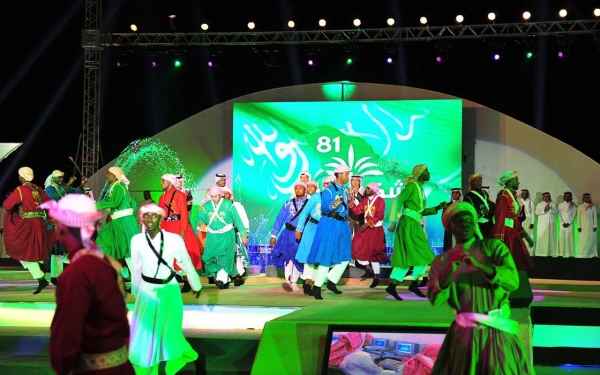
The Art of Operetta in the Kingdom of Saudi Arabia is relatively recent in Arab culture, and the term operetta is an Arabized term for a special artistic type and a literary genre with specific characteristics. Originally popular in Western cultures, it moved to the Arab culture once it had fully developed its artistic framework in the West. The Kingdom is among the Arab states that embrace this term to describe a specific form of art performance. The Kingdom witnessed the debut of this art form at the National Festival for Heritage and Culture (al-Janadriyah) in 1990.
Concept of the art of operetta
Operetta is a modern art with its own artistic and formal independence and specific features and characteristics of its type. It resembles opera in its overall framework but is less rigid in adhering to strict melodic, vocal, and performance rules. It evolved from short comedic operas into a sophisticated performance art.
Literary and theatrical structure of operetta
Operetta is both literature and art. It encompasses theatrical performance and poetic form. The theatrical performance involves scripts written with techniques that highlight the dramatic structure of the story (beginning of events, conflict formation, climax, resolution) and include the theatrical dramatic construction techniques reflected in the dialogues. The poetic form includes sung or performed poems set to music and choreographed dances, retaining the vocal expression of rhythmic verse. This type of art relies on theatrical elements such as (performance, dialogue, choreography, music, lighting, scenery, scenographic perspective, and other theatrical performance arts).
Emergence of operetta in the Kingdom
The emergence of operetta in the Kingdom is closely linked to the National Festival for Heritage and Culture at al-Janadriyah, which began in 1985. The first operetta, "Mawlid Ummah", appeared at the festival in 1990, written by Saud Bin Abdullah, composed by Mohammed Shafiq, and sung by Talal Maddah and Mohammed Abdu. Then, in 1992, "Waqfat Haq", written by Badr Bin Abdulmohsen, composed by Mohammed Shafiq, and sung by Talal Maddah and Mohammed Abdu, and in 1993, "Ard al-Risalat Wal-Botulat" in 1993, written by Ghazi al-Gosaibi, composed by Mohammed Shafiq, and sung by Talal Maddah and Mohammed Abdu.
The festival editions featured various other operettas over the years, such as "al-Tawhid," "Dawlah wa Rijal," "Ara'es Al-Mamlaka," "Kifah Ajyal," "Kitab Majd Biladna," "Amjad al-Muwahhid," "Khalij al-Khair," "Unshoudat Aa-Orouba," "Areen al-Asad," "Wafa’ wa Bay’ah," "Ard al-Mahabba wal Salam," "Ahd al-Khair," "Wahdat Watan," "Farhat Watan," "Kawkab al-Ard," and "Tadallal Ya Watan."
Establishment of the Theater and Performing Arts Commission
The Kingdom's dedication to nurturing arts, including Operetta, continued with the establishment of the Ministry of Culture in 2018 to preserve culture and arts while overseeing the cultural landscape in the Kingdom both domestically and internationally. This ministry is committed to preserving the Kingdom's historical heritage and fostering a vibrant cultural future where all types of culture and arts can flourish. In 2020, the Theater and Performing Arts Commission, affiliated with the Ministry of Culture, was established to promote theater and performing arts, encourage investment and funding, and approve professional training programs and entities granting certification in the field.
Related quizzes
Related articles
